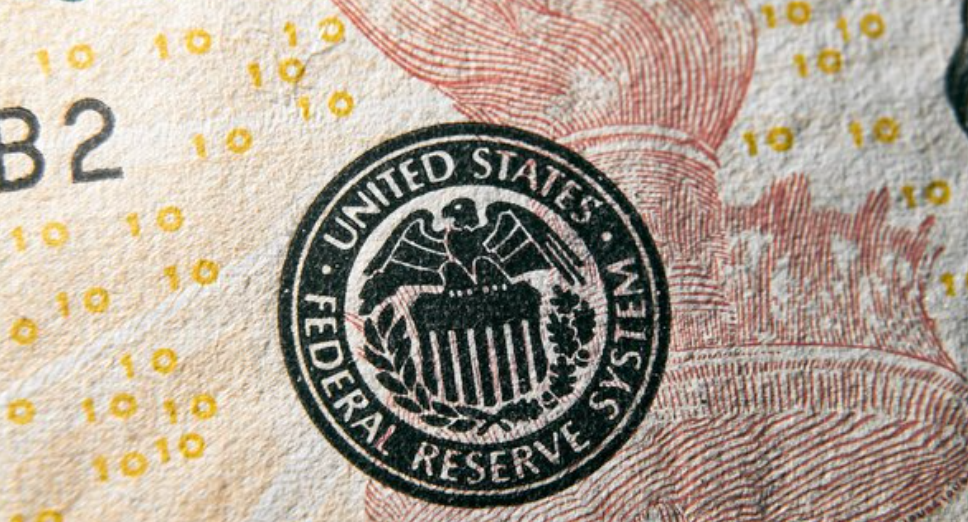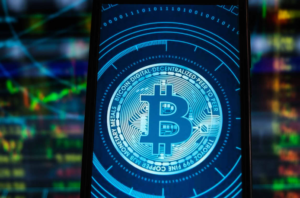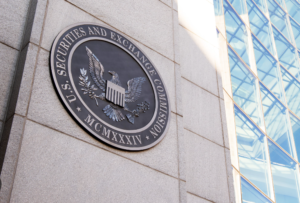$RSX $BRSX $RUB
#Russia #CentralBank #InterestRates #Inflation #Economy #Moscow #Ruble #FinancialCrisis #GlobalMarkets #Geopolitics #RussianEconomy #MonetaryPolicy
Russia’s central bank raised its key interest rate on Friday to 21%, an increase of 200 basis points, as it attempted to tackle runaway inflation. The decision underscores a mounting concern over consumer price hikes, which have risen faster than anticipated. This aggressive rate hike, driven largely by soaring inflationary pressures within the domestic economy, aims to curb the depreciation of the ruble and stabilize the financial environment. A higher interest rate tends to lower consumer demand by making borrowing costlier, which can help bring inflation to manageable levels.
Inflation in Russia has been persistently above expectations, forcing the central bank to take decisive action. Consumer prices continue to rise as the effects of international sanctions, trade disruptions, and other external pressures ripple through the economy. Their impact has exacerbated already difficult conditions as the nation grapples with the fallout from both geopolitical and domestic challenges. The central bank signaled that inflation may remain difficult to control in the short term, but raising the rate to such a high level aims to prevent inflation from spiraling out of control even further.
The central bank’s decision also reflects ongoing uncertainty with respect to the ruble’s performance, which has been under pressure since the start of geopolitical tensions between Russia and Western countries. Economic sanctions and isolationist policies have led to a shortage of foreign investments and rising inflationary expectations. With inflation exceeding expectations within domestic markets, a higher interest rate can help protect the ruble’s value while also attracting more foreign investment in the long run by offering much higher returns on Russian banks’ deposits. However, there is a real risk that borrowing costs could become prohibitively high for parts of the economy, further slowing down Russia’s GDP growth.
Beyond domestic concerns, the move will likely have ripple effects in global markets as well. Investors and economists will closely watch how Russia’s increasingly stringent monetary policy affects energy prices and commodities, such as oil and natural gas, where the country plays a key role. Additionally, rising interest rates create challenges for global trade since they reduce liquidity in the markets. Russian companies now face steeper borrowing costs for financing their operations, which could have broader implications for their ability to trade efficiently, fueling further economic headwinds.











Comments are closed.